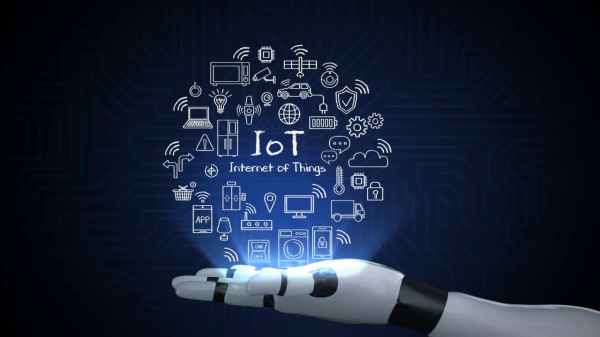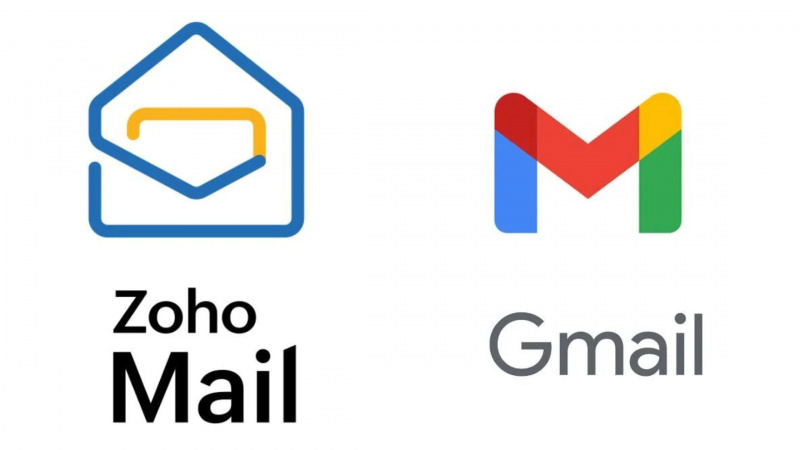Securing Internet of Things (IoT) in Marketing & Advertising: A Modern Approach to Data Privacy and Protection
Here are key reasons why securing IoT in marketing is essential: Consumer Trust: In an era where data breaches are common, consumers are more cautious about
- by B2B Desk 2024-12-26 08:42:46
The Internet of Things (IoT) has transformed the marketing and advertising landscape, offering businesses new ways to engage with consumers, enhance customer experiences, and drive personalized campaigns. From smart homes to wearable devices and connected cars, IoT technologies generate vast amounts of data that marketers can use to fine-tune their strategies and improve targeting. However, with great data comes great responsibility. As IoT devices proliferate, securing these networks becomes increasingly important, particularly in the marketing and advertising sectors, where consumer data privacy is critical.
The Role of IoT in Marketing and Advertising
IoT-enabled devices, such as smart speakers, fitness trackers, and connected home systems, are increasingly used in marketing to collect consumer data, understand behaviors, and offer targeted advertising. For instance, brands can use data from smart refrigerators to promote food products or offer discounts based on a consumer’s shopping habits. Similarly, wearables can help marketers provide personalized health-related advertisements by tracking fitness goals or health patterns.
The benefits of IoT in marketing and advertising include:
- Personalization: IoT devices collect data that can help brands create tailored content, improving customer engagement.
- Real-Time Insights: Marketers can track consumer interactions in real-time, making it easier to adjust campaigns quickly.
- Automation: IoT devices enable seamless integration of marketing automation tools, delivering consistent messaging to customers.
However, as these devices gather sensitive data about consumer preferences, habits, and even health, marketers must prioritize securing this information to avoid potential security breaches.

Why Securing IoT is Crucial in Marketing
The vast amounts of data collected through IoT devices present a lucrative target for cybercriminals. Unsecured devices can be exploited to gain access to personal consumer information, leading to data breaches, identity theft, and the misuse of sensitive data. As marketing increasingly relies on IoT data to create personalized experiences, safeguarding this information becomes a critical concern.
Here are key reasons why securing IoT in marketing is essential:
- Consumer Trust: In an era where data breaches are common, consumers are more cautious about sharing personal information. By prioritizing security, businesses can foster trust and enhance their relationship with customers.
- Compliance with Regulations: With stricter data protection laws like GDPR and CCPA, businesses are legally obligated to protect consumer data. Failure to do so can result in hefty fines and reputational damage.
- Prevention of Cyber Threats: Weak IoT security can expose businesses to a variety of cyber threats, including malware, ransomware, and data leaks. These threats can disrupt marketing operations, harm brand reputation, and cause financial losses.
Best Practices for Securing IoT in Marketing & Advertising
To protect consumer data and ensure IoT devices are secure, marketing and advertising professionals must implement the following best practices:
-
Data Encryption
Encrypting data both in transit and at rest ensures that even if data is intercepted, it remains unreadable to unauthorized individuals. Marketers should leverage end-to-end encryption methods to protect sensitive customer data. -
Device Authentication & Authorization
Ensuring that IoT devices are properly authenticated before they connect to the network is crucial. Implementing strong authentication methods such as multi-factor authentication (MFA) can significantly reduce the risk of unauthorized access. -
Regular Software Updates and Patches
IoT devices often have vulnerabilities that cybercriminals can exploit. Regular software updates and security patches are essential for ensuring that devices remain protected against known threats. -
Secure IoT Network Architecture
A strong network architecture with segmented IoT networks helps reduce the risk of a breach. Isolating marketing devices from other internal networks ensures that a security incident on one device doesn’t compromise other critical systems. -
Privacy by Design
Marketers must adopt a "privacy by design" approach, embedding privacy and security into the very development of IoT devices and marketing systems. This includes minimizing the data collected and ensuring that consumer data is stored securely. -
Educating Stakeholders
Ensuring that employees and stakeholders understand IoT security risks and best practices is key. Regular training on how to secure IoT devices and data can significantly improve overall security. -
Third-Party Security Assessments
Engaging with third-party experts to perform regular security audits of IoT systems ensures that vulnerabilities are identified and resolved before they can be exploited.
Future Outlook: The Need for Stronger IoT Security in Marketing
As IoT adoption continues to grow, securing these devices and networks will become even more critical. The future of marketing and advertising will rely heavily on the collection and analysis of consumer data, and IoT devices will play a central role in this. However, businesses must act responsibly by taking proactive steps to protect this data and build a secure environment that respects consumer privacy.
The integration of Artificial Intelligence (AI) and machine learning with IoT is likely to evolve, enabling smarter and more personalized marketing strategies. However, with these advancements, the potential risks will also increase. Marketing professionals and businesses must continue to stay ahead of cyber threats by implementing the latest security technologies and practices.
Conclusion
In the rapidly evolving world of marketing and advertising, the Internet of Things offers tremendous opportunities for enhanced customer engagement and targeted campaigns. However, securing IoT devices and protecting consumer data is essential for building trust, complying with legal regulations, and mitigating cyber risks. By prioritizing IoT security, marketers can harness the power of these devices while ensuring that they safeguard sensitive data and maintain a positive relationship with their customers.
Also Read: China Rejects Criticism Over Hong Kong’s National Security Enforcement Measures
POPULAR POSTS
The Agentic Revolution: Why Salesforce Is Betting Its Future on AI Agents
by Shan, 2025-11-05 10:29:23
OpenAI Offers ChatGPT Go Free in India: What’s Behind This Big AI Giveaway?
by Shan, 2025-10-28 12:19:11
Zoho Products: Complete List, Launch Years, and What Each One Does
by Shan, 2025-10-13 12:11:43
Arattai vs WhatsApp: Which Messaging App Should You Choose in 2025?
by Shan, 2025-10-10 11:55:06
Top Buy Now Pay Later (BNPL) Apps for Easy Shopping in 2025
by Shan, 2025-09-22 10:56:23
iPhone 17 Sale in India Begins: Full Price List, Launch Offers and Store Availability
by Shan, 2025-09-19 12:00:45
Apple September 2025 Event Recap: iPhone 17, iPhone Air, Apple Watch Series 11, and India Pricing Revealed
by Shan, 2025-09-10 09:55:45
RECENTLY PUBLISHED

Loan EMIs to Drop as RBI Slashes Repo Rate - Full MPC December 2025 Highlights
- by Shan, 2025-12-05 11:49:44

Pine Labs IPO 2025: Listing Date, Grey Market Premium, and Expert Outlook
- by Shan, 2025-11-05 09:57:07

Top 10 Insurance Companies in India 2026: Life, Health, and General Insurance Leaders Explained
- by Shan, 2025-10-30 10:06:42

Best Silver Investment Platforms for 2025: From CFDs to Digital Vaults Explained
- by Shan, 2025-10-23 12:22:46

Zoho Mail vs Gmail (2025): Which Email Platform Is Best for Businesses, Startups, and Students?
- by Shan, 2025-10-09 12:17:26

PM Modi Launches GST Bachat Utsav: Lower Taxes, More Savings for Every Indian Household
- by Shan, 2025-09-24 12:20:59




 Subscribe now
Subscribe now 